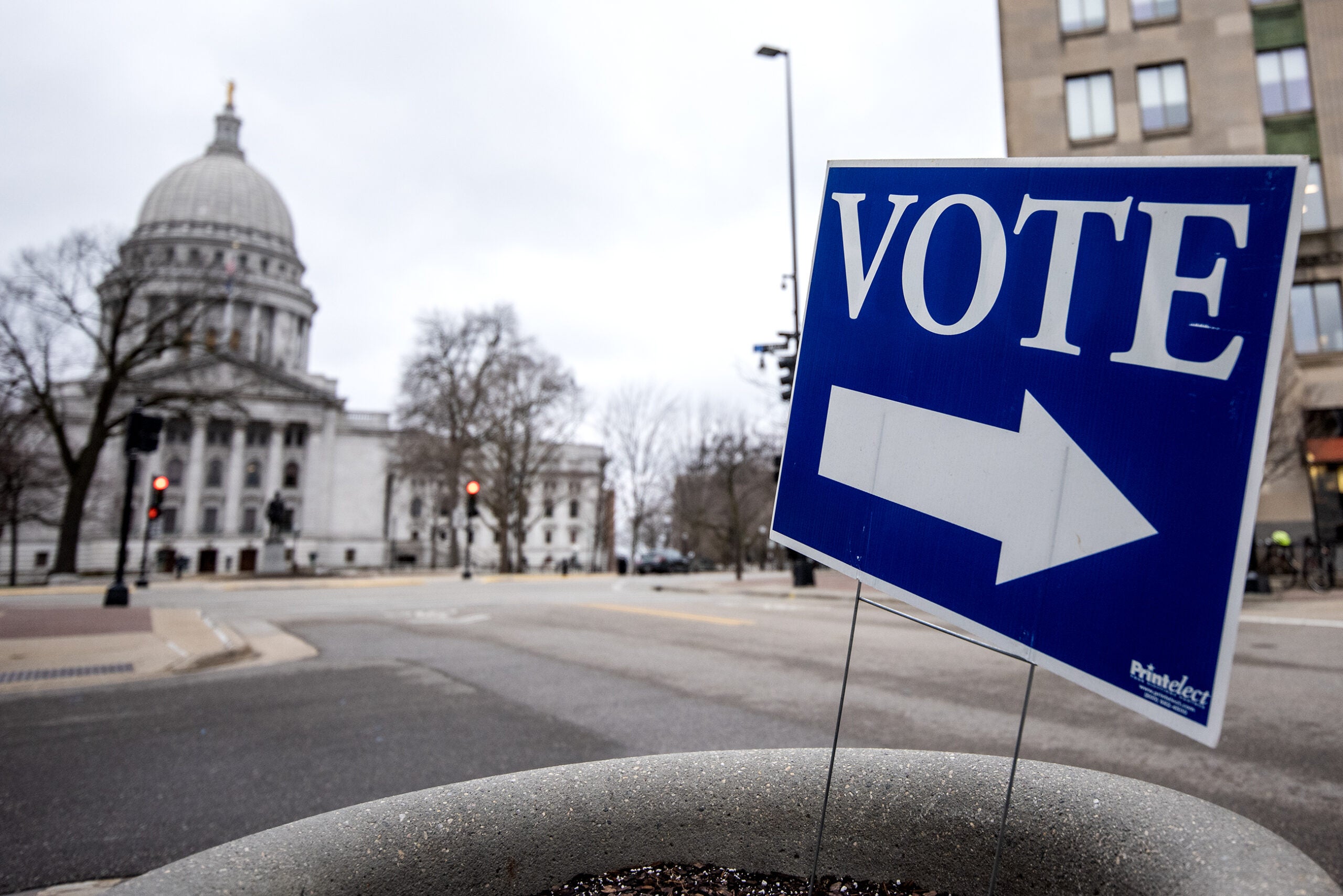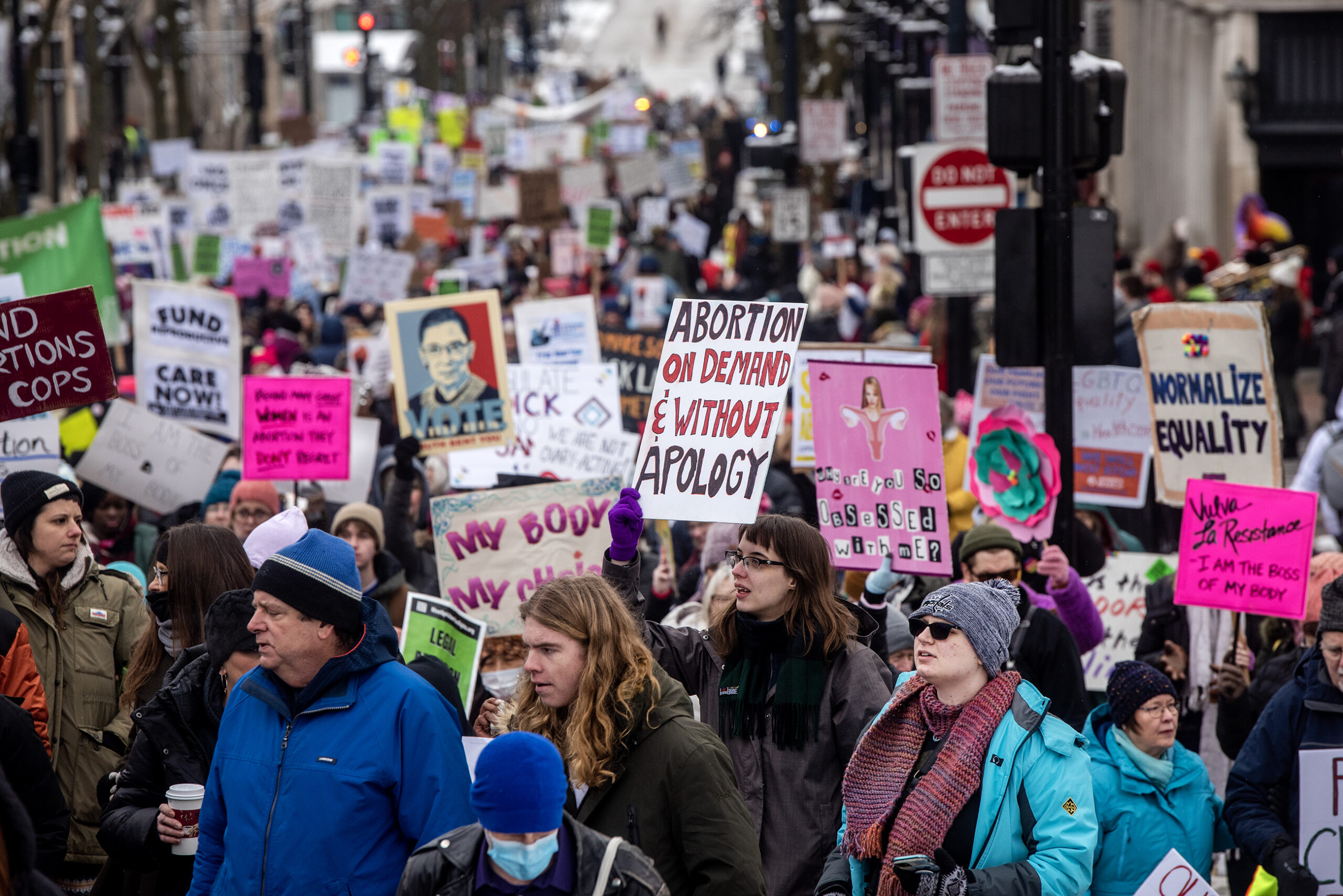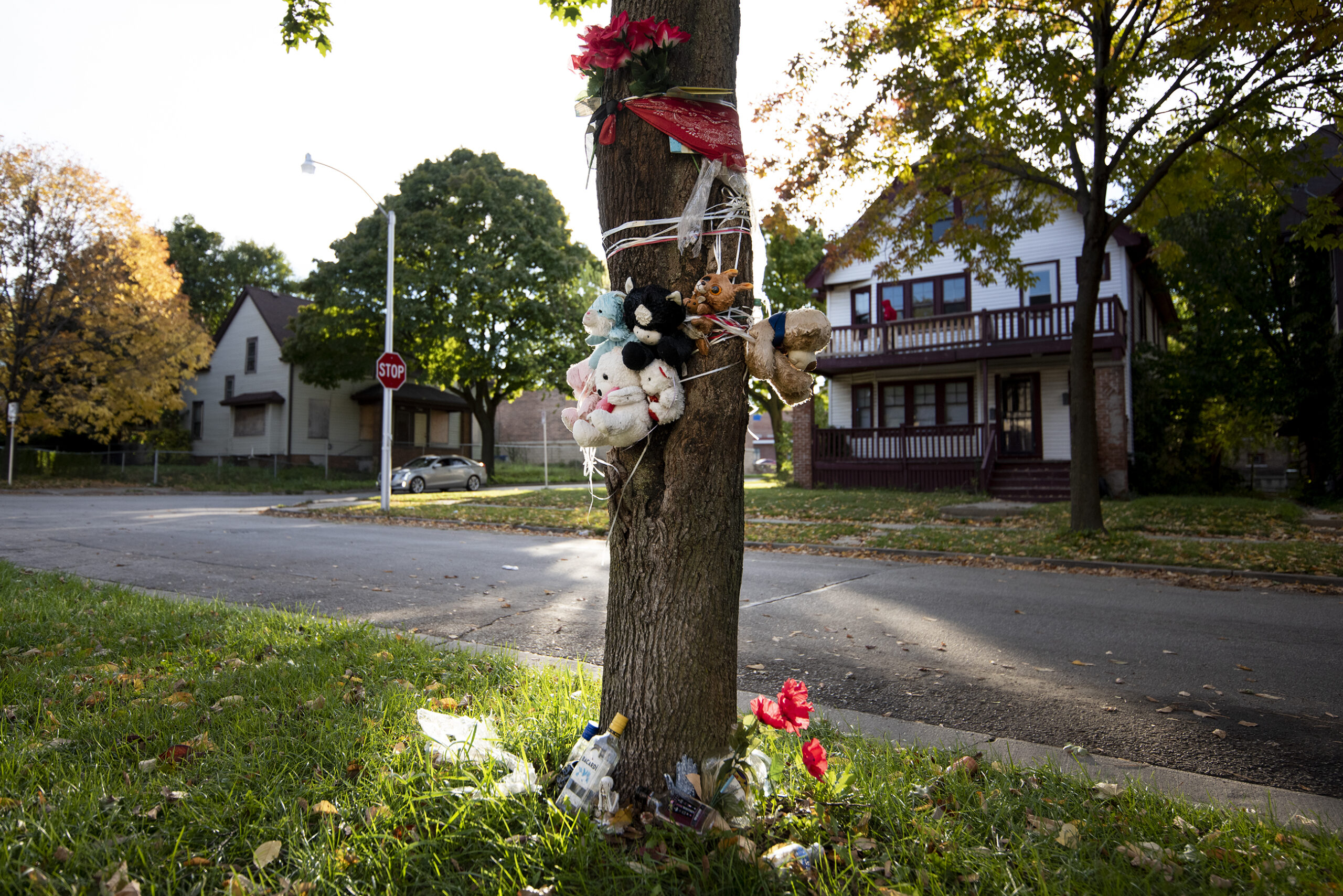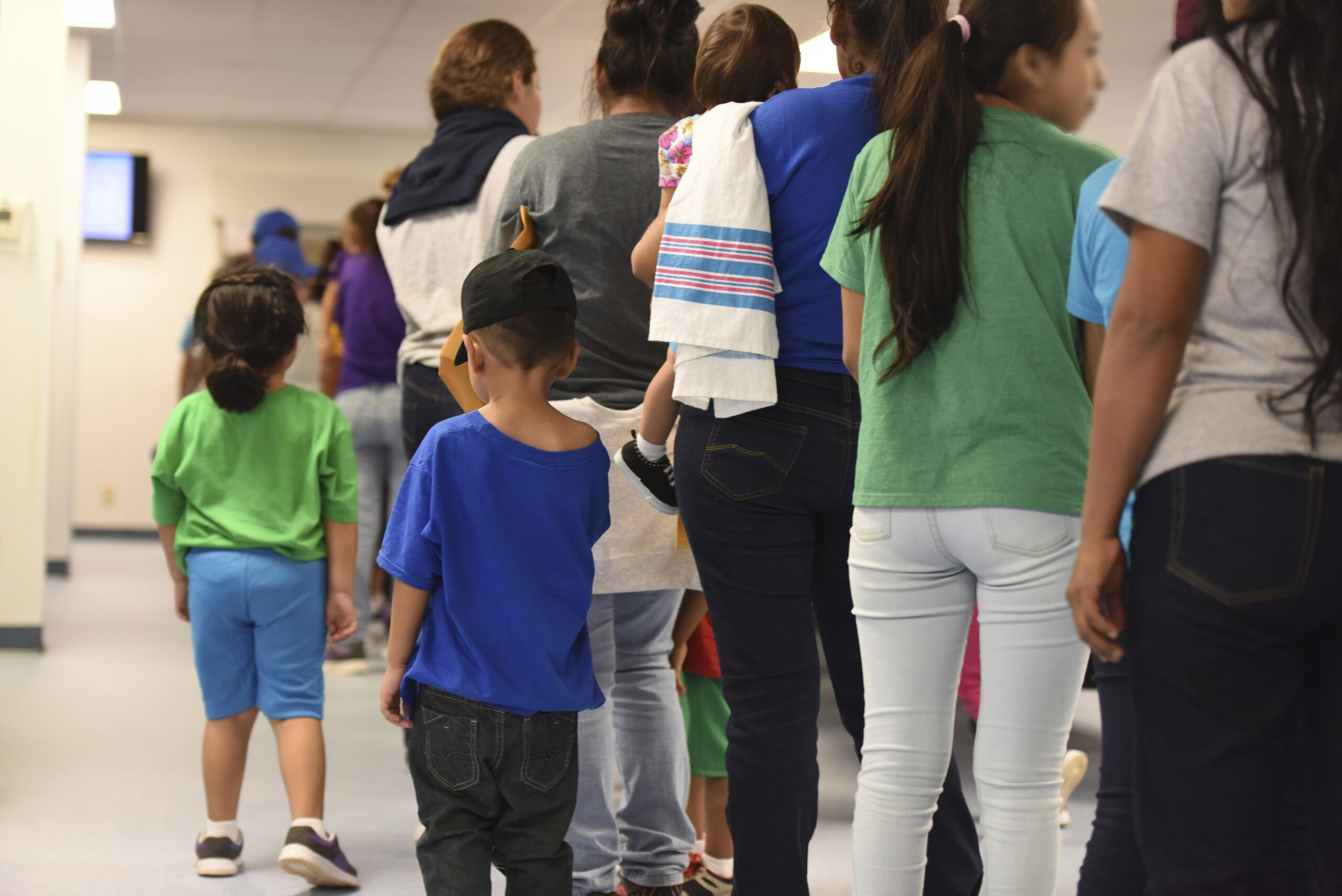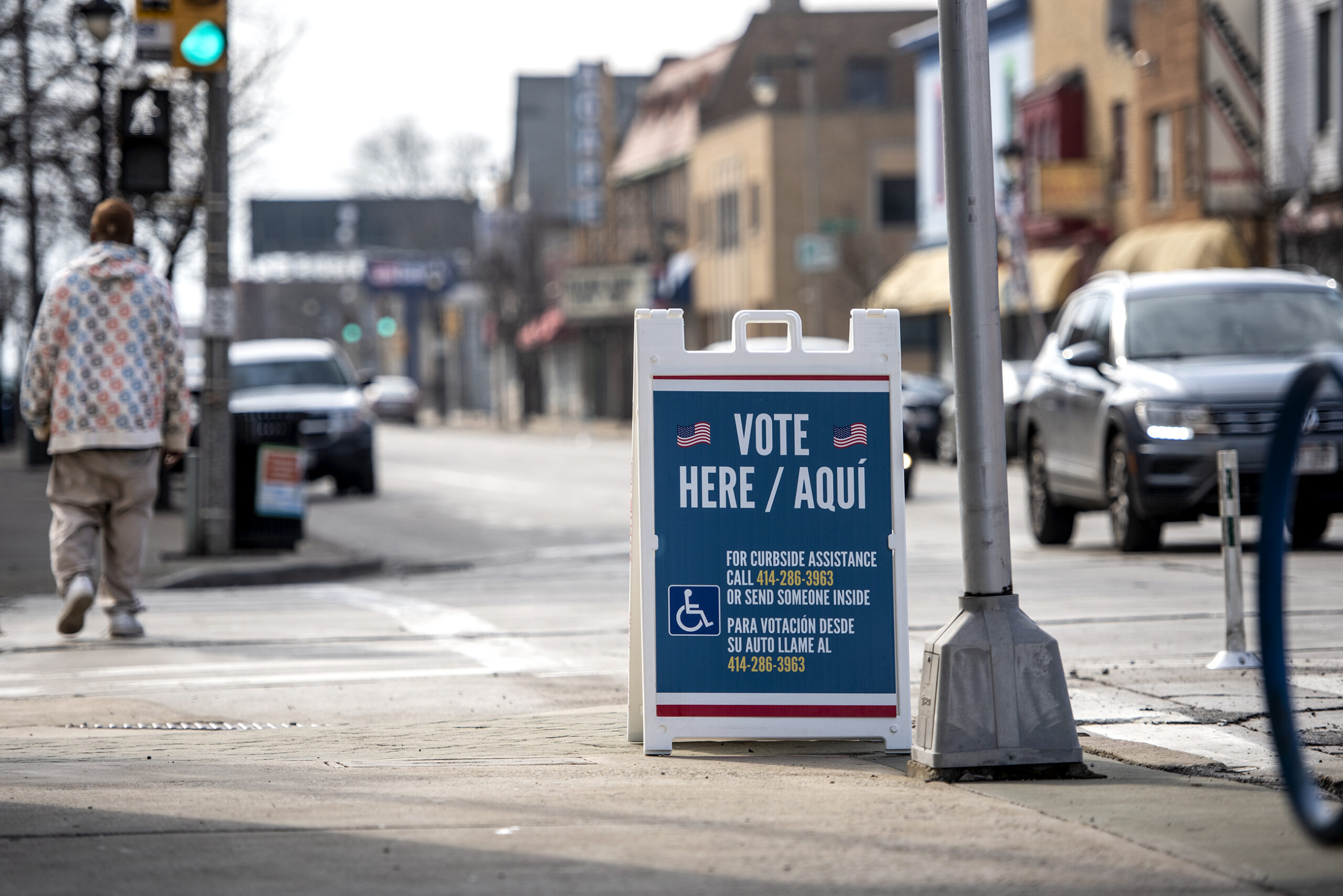Over the last several months, people from across the country have been sharing with their public media stations the issues they most care about in the months before the general election. Stations asked in online and on-air call-outs: “What issues would you like candidates to discuss as they compete for your vote this election season?”
With over 1,000 responses thus far, the top concerns range from environmental issues like water conservation and air quality to immigration and women’s reproductive rights. While these responses by no means constitute a definitive poll of American concerns, they reveal geographic differences and some intriguing nationwide trends.
These insights come from America Amplified in partnership with dozens of public media stations throughout the U.S., including WPR. America Amplified is a CPB-funded initiative aimed at supporting public media journalism that engages and interacts with local communities. Partner public media stations reached out to their communities in an effort to listen to the concerns of everyday Americans across the political spectrum and geographic landscape.
Stay informed on the latest news
Sign up for WPR’s email newsletter.
This “call-out” for questions and issues was deployed by more than 50 public media stations across the country. Thus far we’ve heard the most from residents in Georgia, Texas, Utah and Wisconsin.
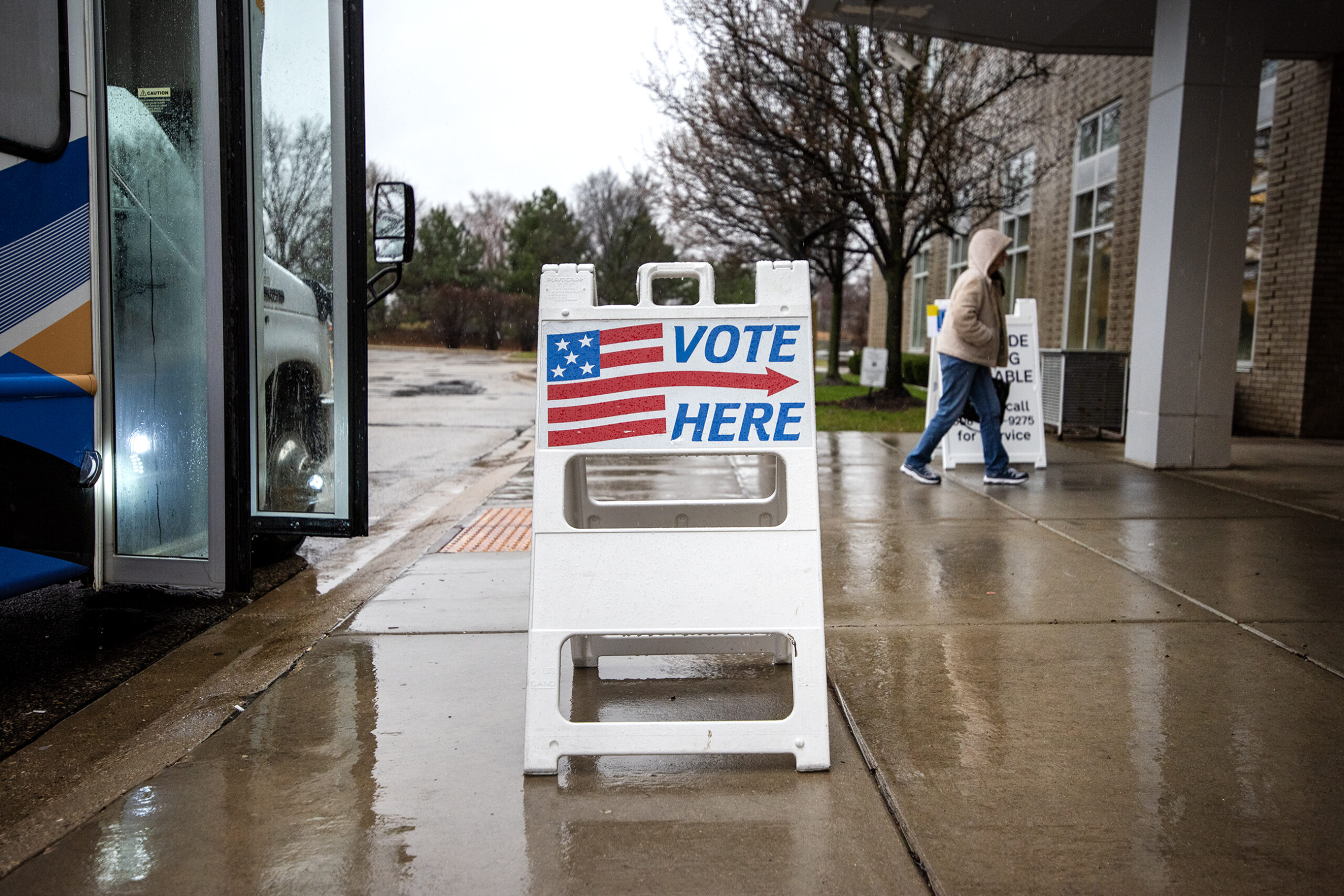
What we heard
We did not gather information on the demographics or political ideologies of respondents, but the submissions clearly offer a glimpse into peoples’ beliefs. Even more so, responses showed how nuanced and niche concerns tend to be.
From North Carolina: “Do you support a national bottle (and can) deposit law to incentivize recycling and reduce waste in our country?”
From Pennsylvania: “PA has the fourth most unfair tax system in the country, according to a national organization. Low-income people pay twice the percentage of their earnings in taxes as the wealthiest among us. How should PA make its tax system more fair?”
From Wisconsin: “Push for the expansion of Medicare in Wisconsin. We are the last of 10 States to take advantage of the money we send to Washington to help people that need health care in the Badger State.”
There’s still time. Ask your question or share your thoughts with us here.
Protecting the environment
When it comes to the environment, hundreds of respondents from across the country told their stations and us that they would like to see stronger environmental protections. Those concerns are in line with a Pew Research Center survey from last fall that found “a majority of Americans think climate change is causing harm to people in the United States today and 63 percent expect things to get worse in their lifetime.”
In Utah, for example, many residents expressed concerns to KUER about preserving the Great Salt Lake — which is seeing water levels drop to historic lows due to drought.
“When the Great Salt Lake dries up in 5 years, what should we rename our city? should we get a committee to start working on this?” one Salt Lake City resident asked rhetorically.
“The list of ‘important’ issues is never ending,” wrote another in Utah County. “There is one ‘existential’ issue that will impact most of us: climate change. Let’s get that right.”
Elsewhere in the country, a respondent in Wisconsin asked WPR for improvements in “transparency with PFAS being handled through our state initiatives,” and said clean air and clean water were also issues of concern. A Pennsylvania resident asked WITF: “What specific actions need to be taken to deal with the effects of the climate crisis?”
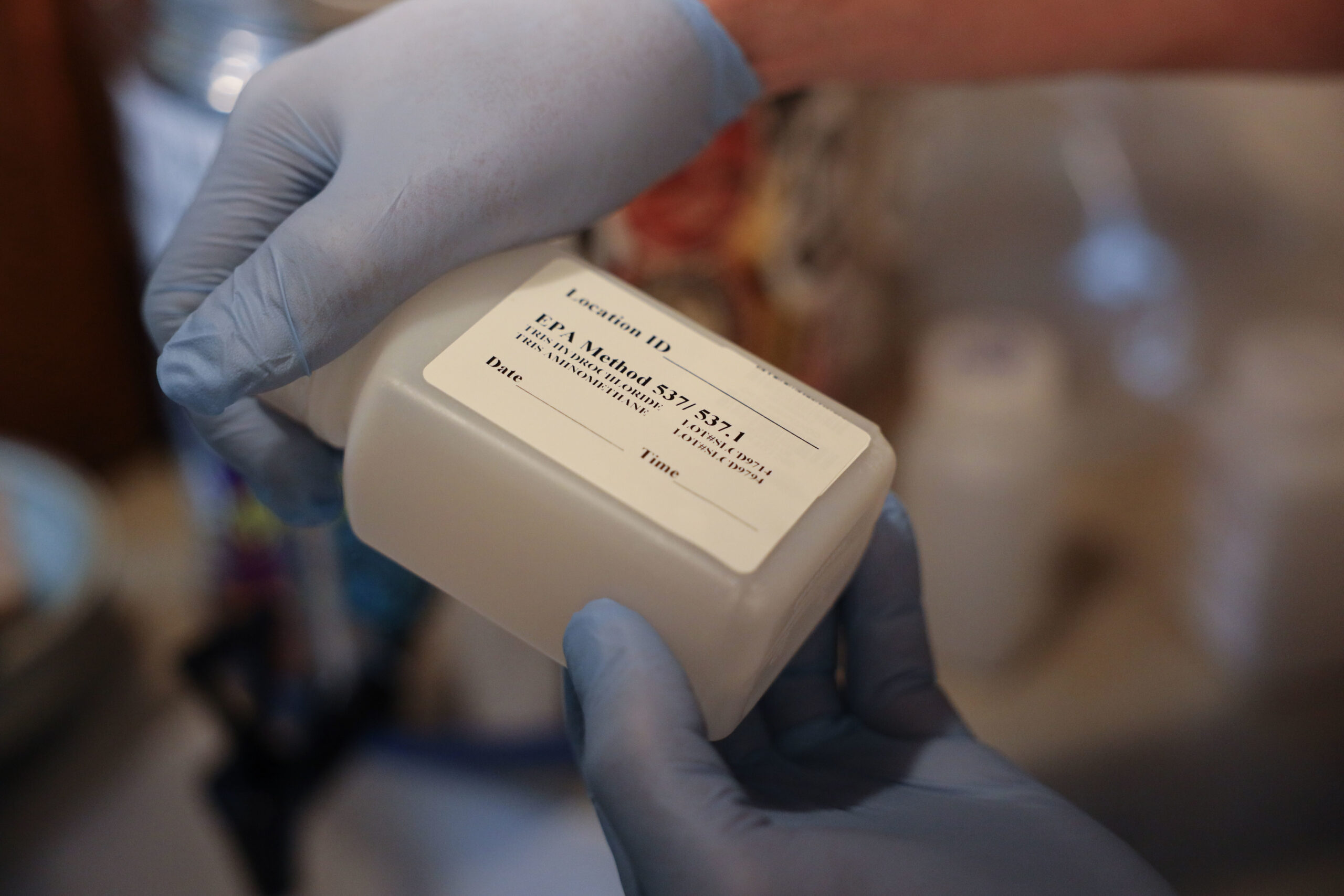
Reproductive rights
In the South, social justice issues, especially women’s reproductive rights, stood out among concerns in the wake of the Supreme Court’s Dobbs decision overturning Roe v. Wade.
“It’s tough because whatever Biden talks about probably will not get done, but I’d like to codify protections for transgender people, talk about what can be done to curb housing and grocery inflation, and abortion access/Roe v. Wade,” wrote an Athens, Georgia resident to Georgia Public Broadcasting.
“Protecting reproductive & GLBTQIA + rights,” were the most important issues to a Travis County, Texas resident who wrote in to KUT in Austin. “These rights are fundamental to ensuring individuals’ autonomy, equality, and access to essential health care services. These issues are about civil liberties and basic human rights and dignity.”
“As an ‘older’ American, I am extremely concerned about women’s rights/abortion choices that should be made ONLY by the persons involved,” a Lake County resident told Central Florida Public Media. “I feel that I fought long and hard for equality and I see a ‘180’ turn in the minds of today.”
Meanwhile, this Georgia respondent told GPB they hoped politicians could promote their shared anti-abortion values in more civil tones: “Convincing people to support pro-life policies kindly.”
Many respondents also wanted politicians to demonstrate support for allies currently involved in conflicts like Ukraine and Israel. Respondents said they were willing to exercise their ballot options to find candidates that align with their views: “I will write-in a candidate but hope that the candidates support these policies,” they said.
And even though these weren’t the most discussed topics, respondents also expressed concern about issues like gun reform and Second Amendment freedoms as well as crime and public safety. Access to affordable and universal health care, including mental health were also common themes.
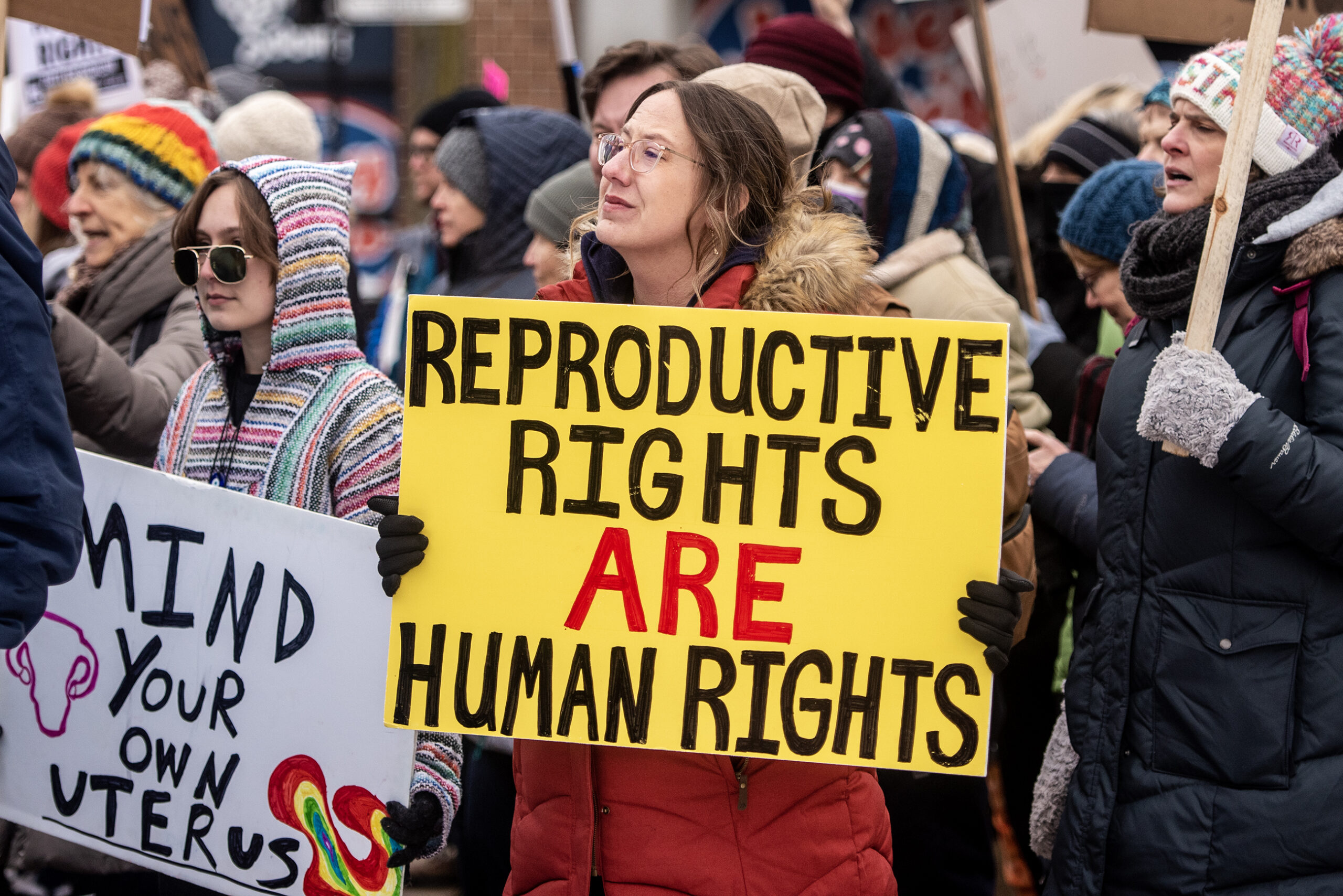
Immigration
Calls for both immigration reform and border security were also heard loud and clear from both sides of the issue. Many Americans called for “tougher” actions on illegal immigration while others asked for “fair & humane immigration policies.” Nearly 40 percent of our respondents who cited immigration as a top issue specifically expressed concern over the security of our southern border.
One Georgia resident told GPB they wanted to see politicians, “Fixing the immigration system while not dehumanizing” those impacted.
A respondent from Virginia told Virginia Public Media that they wanted “improving access to legal immigration and amnesty pathways/programs.”
“Secure our security in the United States by closing [the] border, finding and removing terrorists and immigrants that are here illegally,” an Indiana respondent told WFYI.
In Wisconsin, a respondent told WPR they blamed the Biden administration, Democrats and “enough Republicans” to allow millions of undocumented migrants to trespass the U.S. southern border.
These insights are in line with a recent Pew Research Center study that found a majority of Americans see the U.S.-Mexico border as either a crisis or major problem. And many blame the government for how it is being handled.
Economy/Inflation
We also heard about economic woes — folks struggling to pay for rent and food on what they considered unlivable wages — and calls to fix what some saw as an inequitable and broken economic system.
“Economy. Inflation. Budget. What is going to happen with the income tax?” wrote in one Utah resident to KUER. “Personally, our family budget has completely changed in the last 2 years and it is absurd how much is spent on basic living. Ugh.”
“Hire people that are here legally and help them get jobs at these massive dairy farms that need help,” wrote a person in Wisconsin to WPR.
In Georgia, one person told GPB they wanted a fairer economy “by taxing the rich and making things easier for middle class and poor people.”
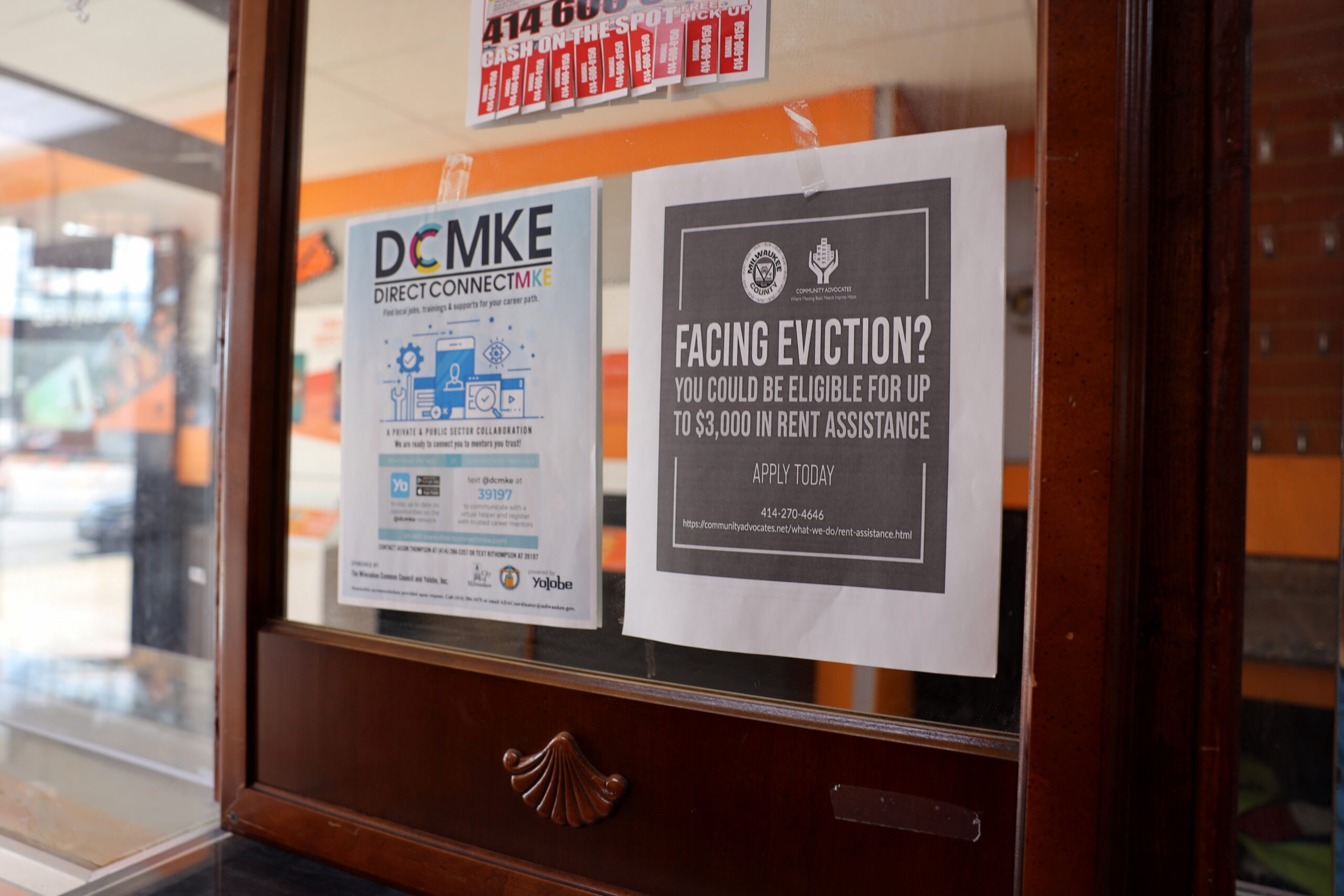
Broader call for bipartisanship among political parties
Many Americans want to know which candidates will reach across the aisle to transcend partisan bickering and congressional gridlock.
“I am an independent registered as a dem I just wanted to say if you truly are a moderate Republican my family will vote for you,” an Indiana resident wrote to WFYI. “Government functions best when our reps work in a bipartisan manner. Please stop with border nonsense.”
One Georgian stated their request more plainly: “A return to civility and bipartisan cooperation/working together to find solutions instead of constant bickering like school yard bullies and sore losers.”
Another Wisconsin respondent told WPR, “Listen to each other. Focus on what is best for all people, not their party.”
Though our gathering of opinions is not a scientific study, we hope to continue to gain insights from communities across the country about the issues that drive people to vote one way or the other. If you have not shared your thoughts, there is still time to do so here.
Editor’s note: America Amplified engagement support specialist Caitlin Biljan and project manager Abbie McCafferty contributed to this reporting.
Wisconsin Public Radio, © Copyright 2025, Board of Regents of the University of Wisconsin System and Wisconsin Educational Communications Board.
